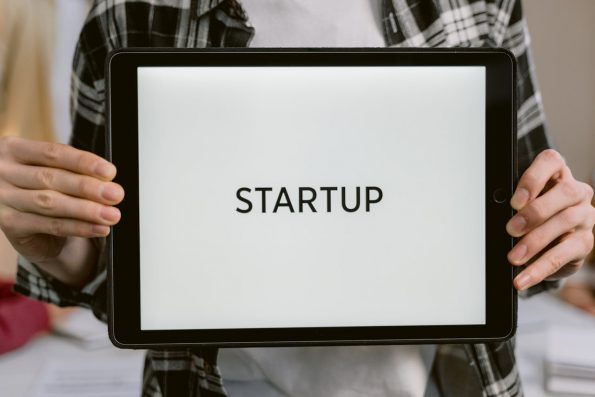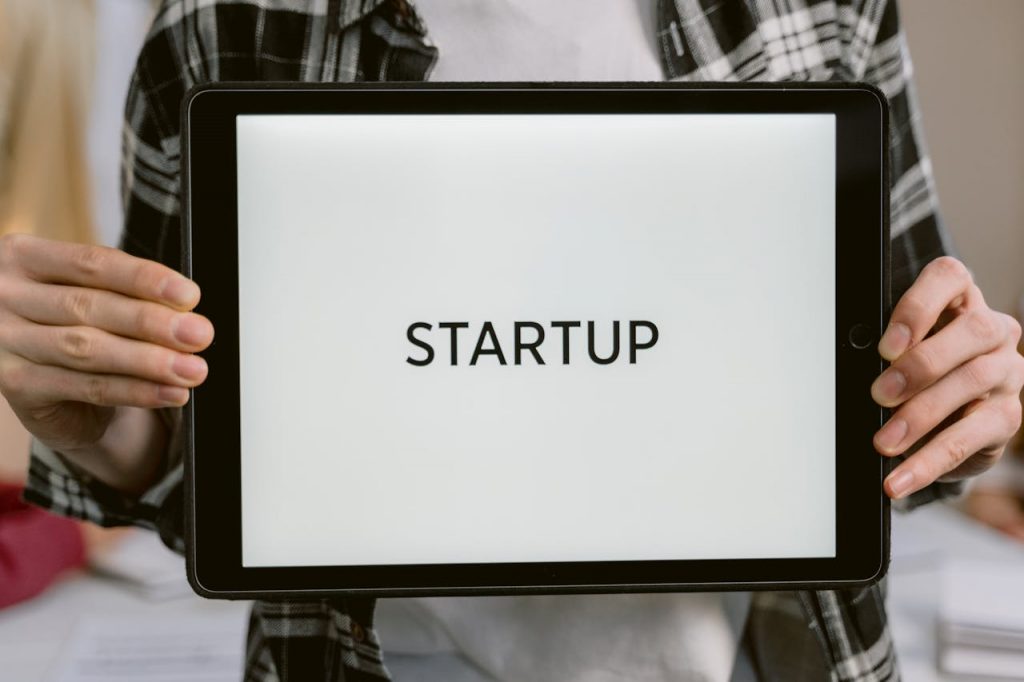Leasing Vs. Buying: What’s the Best Option for Acquiring Business Equipment?
Running a startup is existing, but challenging. Aspiring entrepreneurs should handle endless decisions, from designing the business model to getting customers. However, equipping their businesses is one of the most critical decisions.

Deciding between leasing or buying equipment can prove daunting for various reasons. Making this decision comes down to several factors. They include:
1. Business Financial Health
Your startup’s financial health is a key factor in determining whether to lease or buy equipment. Your fiscal ability determines whether you can afford upfront buying costs or lease to spread out payments. Buying is certainly a beneficial option for businesses with a healthy cash flow.
Owning means you won’t have to worry about monthly payments, as your business enjoys maximum usage. This also contributes to your business’s overall value, giving the startup something tangible that can be used as collateral or sold when needed.
Unfortunately, buying requires significant upfront capital. This can strain your cash reserves, especially for small businesses that are still building revenues. Pouring out a significant percentage of your capital might limit your ability to invest in crucial areas like marketing or hiring. Startups looking to preserve their cash flow can benefit from the services of Clicklease. The platform connects equipment leasing service providers with small business owners for seamless approvals.
2. Type of Equipment
The type of equipment also determines whether leasing or buying is a good option. Business equipment has varying lifespans and maintenance requirements, which should influence your decision. Leasing makes sense for business equipment that depreciates faster, like computers and software.
Tech-based equipment becomes outdated rapidly as new and efficient models enter the market. Leasing allows your business access to the latest technologies without the high upfront costs. Conversely, buying is a great option for equipment with longer lifespans. Vehicles, office furniture, and such equipment don’t lose value quickly. Buying them is a wise investment, as owning them provides more control over usage and possible eventual resale. Besides, buying allows customization for startups operating in sectors that require specialized or custom equipment.
3. Flexibility vs. Control
The trade-off between flexibility and control is also an important consideration. Both ownership options offer distinct advantages that affect how your business operates and adapts to the changing business needs. To begin, leasing offers more flexibility, especially for businesses in sectors that experience rapid growth. It allows businesses to adjust their equipment needs as the startup expands or changes direction.
If you require different equipment, an upgrade, or more units to accommodate business growth, leasing gives you the freedom to make these adjustments without the long-term commitment of buying. Leases are also mostly short-term, giving startups an option to change or upgrade at the end of the contract.
However, leasing limits your control over the equipment. Businesses cannot modify or customize the equipment to meet their unique needs because they don’t fully own it. Your business is also bound by the terms of the engagement, which may include mileage limits and maintenance clauses of vehicles.
Endnote
Generally, there’s no straightforward answer to leasing or buying equipment for your small business. The key is to evaluate your business’s specific needs and growth plans. You should also check your fiscal health before making the decision. Carefully weigh the pros and cons of both options to make the right decision for your business’s equipment needs.

